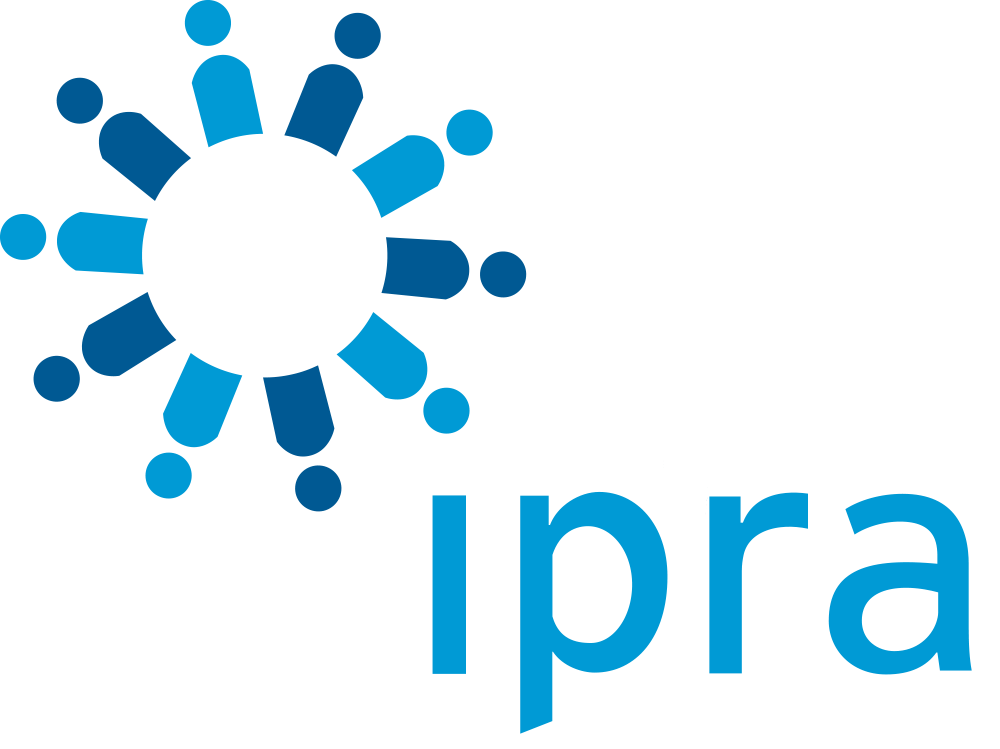ITL #639 Resilience through reputation: adapting to the emerging realities
6 months, 1 week ago
A strong reputation is more than a defensive shield. It is an engine of growth, resilience, and competitive advantage. By Dennis Larsen.
In a world defined by volatility, interconnectedness, and relentless scrutiny, reputation has emerged as the cornerstone of enduring success for organisations of every size and sector. As we stand at the crossroads of geopolitical upheaval, technological disruption, and evolving stakeholder expectations, reputation management is no longer a peripheral concern – it is set to become a central pillar of business resilience and long-term value creation.
Why reputation management matters more than ever
The global business environment in 2025 is more complex and unpredictable than at any time in recent memory. Geopolitical tensions, economic uncertainty, and the ever-present risk of misinformation have thrust reputation risk to the top of the corporate agenda. The covid-19 pandemic, rising polarisation, and trade wars have made clear that no organisation is immune from the ripple effects of global events. In this landscape, reputation is not just about image, it is about the existential survival of organisations.
Consider the cautionary tales of industry giants like Volkswagen, whose emissions scandal resulted in billions in fines, plummeting sales, and a loss of public trust that took years to repair. This highlights a simple truth: organisations that neglect reputation management do so at their peril. Building long term reputation from within the culture of an organisation is critical.
Reputation as a driver of resilience and success
A strong reputation is more than a defensive shield. It is an engine of growth, resilience, and competitive advantage. Research consistently shows that organisations with robust reputations enjoy higher levels of trust, customer loyalty, and stakeholder support. In times of crisis, these organisations are better able to weather the storm, recover quickly, and emerge stronger.
Trust is the currency of modern business. It underpins relationships with customers, employees, investors, regulators, and communities. A positive reputation fosters confidence, attracts top talent, and opens doors to new markets and partnerships. It also serves as a buffer during periods of disruption, enabling organisations to maintain stakeholder support when it matters most.
Moreover, reputation is increasingly recognised as a key indicator of organisational resilience. In a world where disruptions are inevitable, reputation is the “resiliency radar” that guides organisations through uncertainty and change.
The new rules of reputation management
So, how can organisations build and sustain reputations that stand the test of time? The future of reputation management is defined by four key imperatives:
- Monitoring combined with deep insight
The days of once-a-year all-stakeholder in-depth primary reputation research are over. The days are also numbered for the legacy standardised reputation models. Today, organisations must carefully calibrate their own reputation intelligence systems to monitor public sentiment, media coverage, and stakeholder feedback in (near) real time while carefully picking up signals and recommendations from their most important relations. All geared towards taking better business decisions, not just adjusting communication tactics. Advanced analytics, predictive behavioural science, integrated analysis, and synthetic stakeholders are increasingly powerful tools enabling companies to detect emerging risks, identify behavioural patterns, and respond swiftly to threats. Proactive engagement, listening, responding, and shaping the narrative is essential to staying ahead of the curve.
- Authenticity and transparency
In an era of dis- and misinformation, authenticity is the ultimate differentiator. Stakeholders expect organisations to be honest, consistent, and transparent in their communications and actions. This means acknowledging mistakes, taking responsibility, and demonstrating a genuine commitment to ethical conduct and social responsibility.
Companies that fully embrace transparency build deeper trust and loyalty. At the same time, strategic reputation management requires the careful consideration of trade-offs and balancing opposing interests and priorities. Staying true to corporate values whilst appeasing certain groups, attracting others, and trying not to offend anyone is a difficult balancing act in today’s ecosystem.
- Integrated strategy and governance
Reputation management must be embedded in the organisation’s DNA. This requires clear governance structures, cross-functional collaboration, and alignment with business strategy and risk management. Board-level oversight, scenario planning, and regular reputation audits are critical to anticipating risks and seizing opportunities. A systems thinking approach to the issues and stakeholder landscape and embedding reputation intelligence into C-suite and board decision-making is the only way to ensure long-term success.
- Building a culture of reputation
Ultimately, reputation is shaped by the behaviours and decisions of every employee, from the boardroom to the front line. Organisations must foster a culture that prioritises integrity, accountability, and customer-centricity. Training, internal communications, and leadership development are essential to embedding reputation management into everyday practice.
Looking ahead
The future of reputation management is both challenging and full of promise. As technology evolves, stakeholder expectations rise, and the world becomes ever more interconnected, reputation will remain the cornerstone of sustainable success. Organisations that embrace a proactive, strategic, and authentic approach to reputation management will not only survive but thrive—earning the trust, loyalty, and support that are the true hallmarks of enduring leadership.

The Author
Dennis Larsen
Dennis Larsen is the founder and managing director of Linq Advisors. He is also EACD Board Member, Visiting Lecturer and Practice Fellow at #NORA, Editorial board member Corporate Communication Review and Co-Editor of the Communication Director Magazine.
mail the authorvisit the author's website
Forward, Post, Comment | #IpraITL
We are keen for our IPRA Thought Leadership essays to stimulate debate. With that objective in mind, we encourage readers to participate in and facilitate discussion. Please forward essay links to your industry contacts, post them to blogs, websites and social networking sites and above all give us your feedback via forums such as IPRA’s LinkedIn group. A new ITL essay is published on the IPRA website every week. Prospective ITL essay contributors should send a short synopsis to IPRA head of editorial content Rob Gray emailShare on Twitter Share on Facebook

